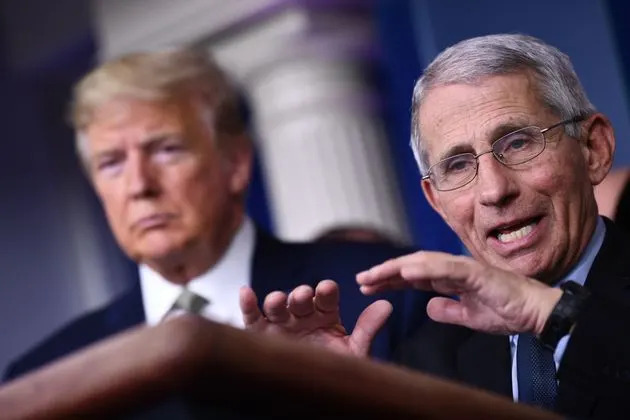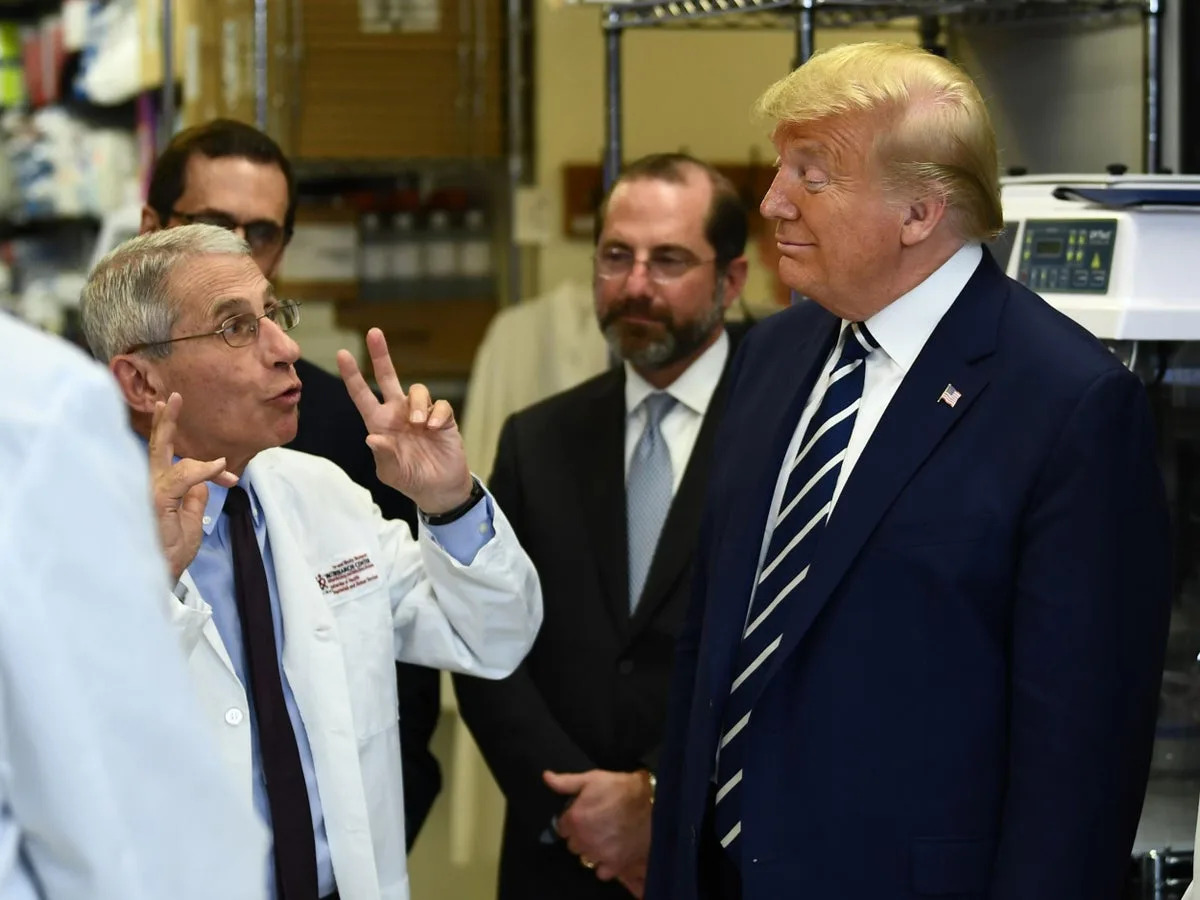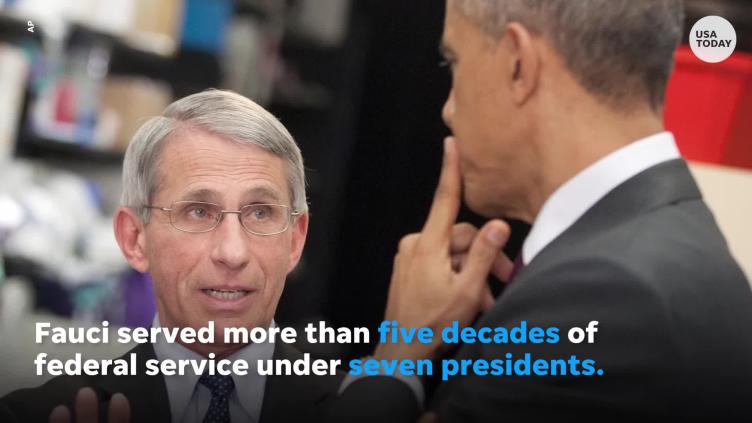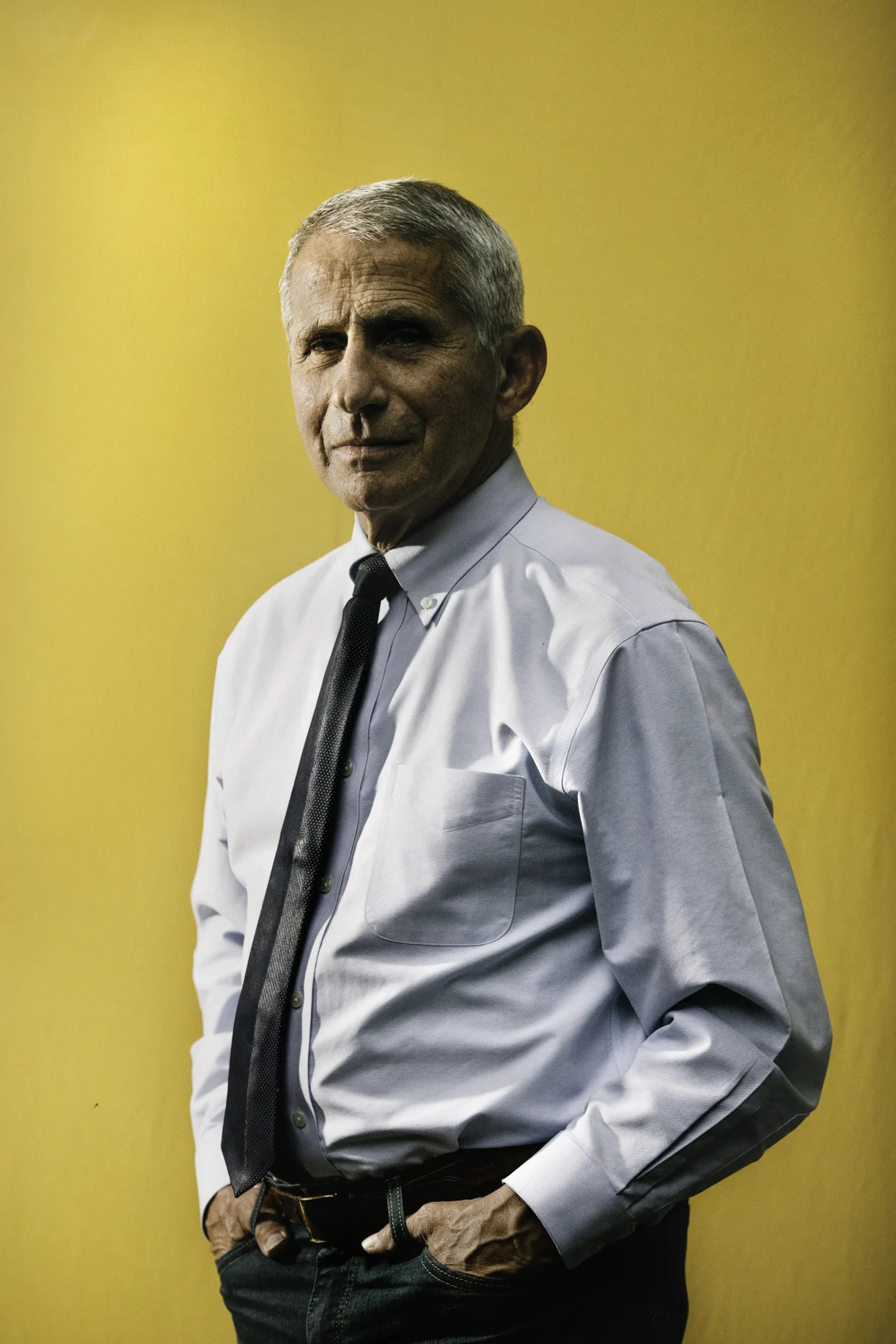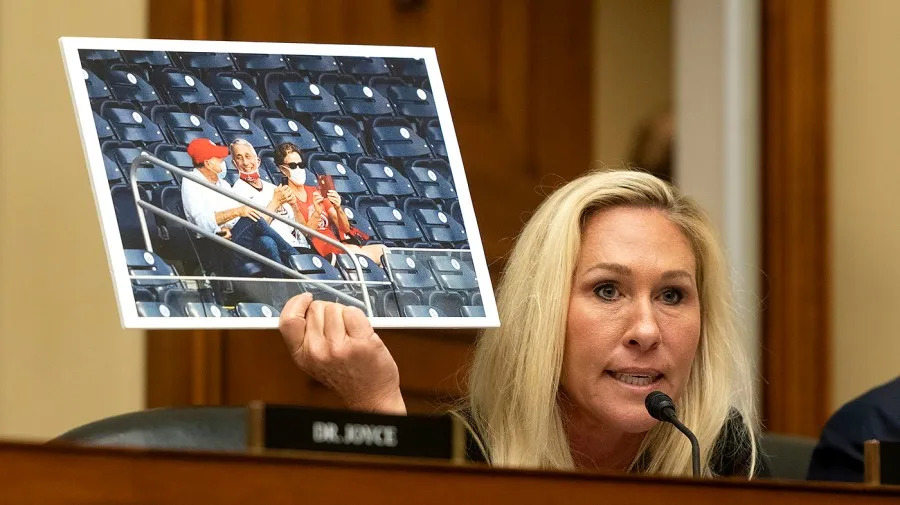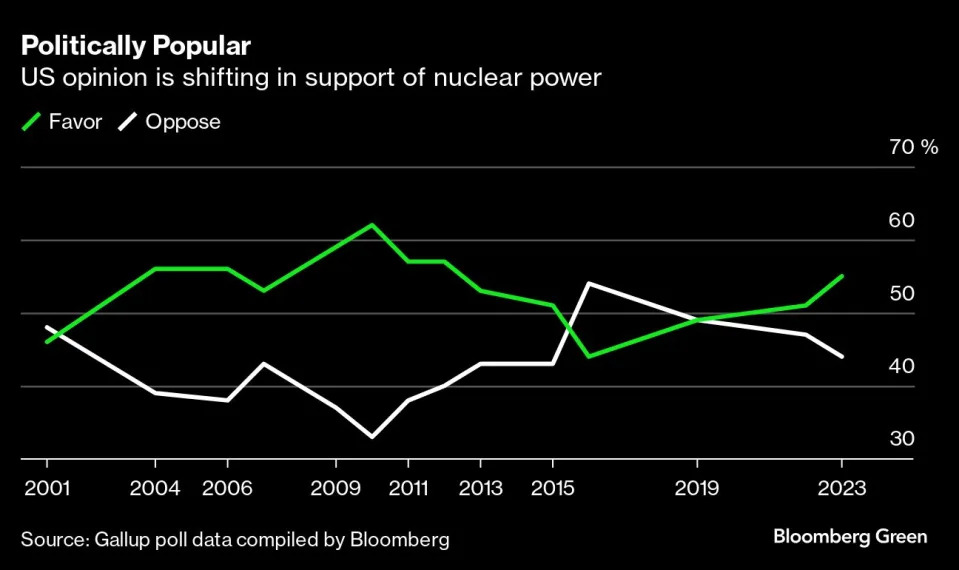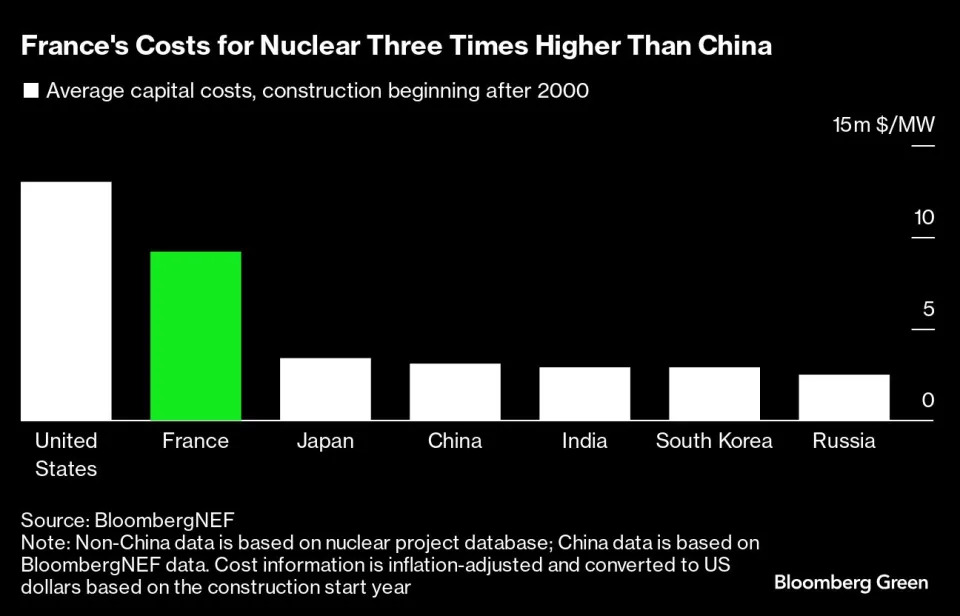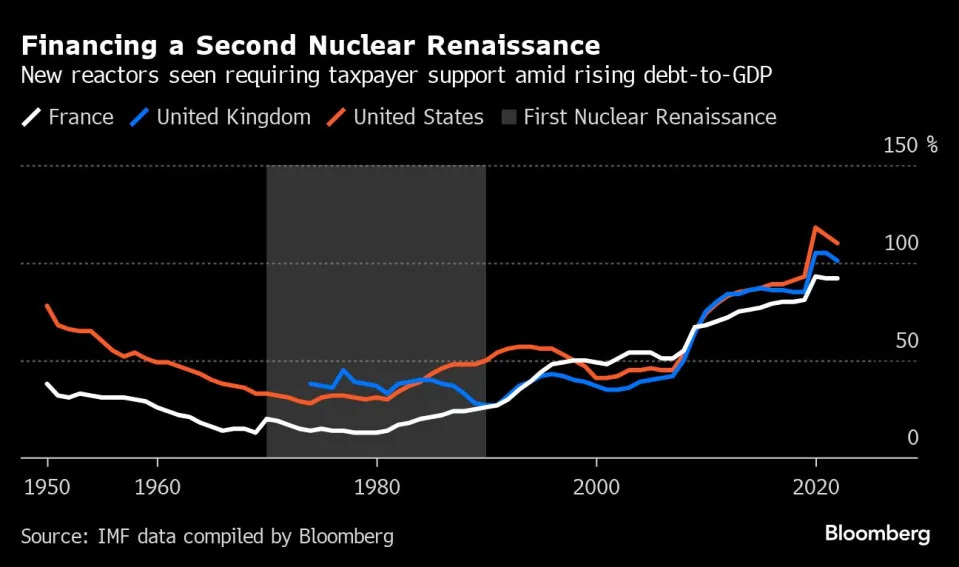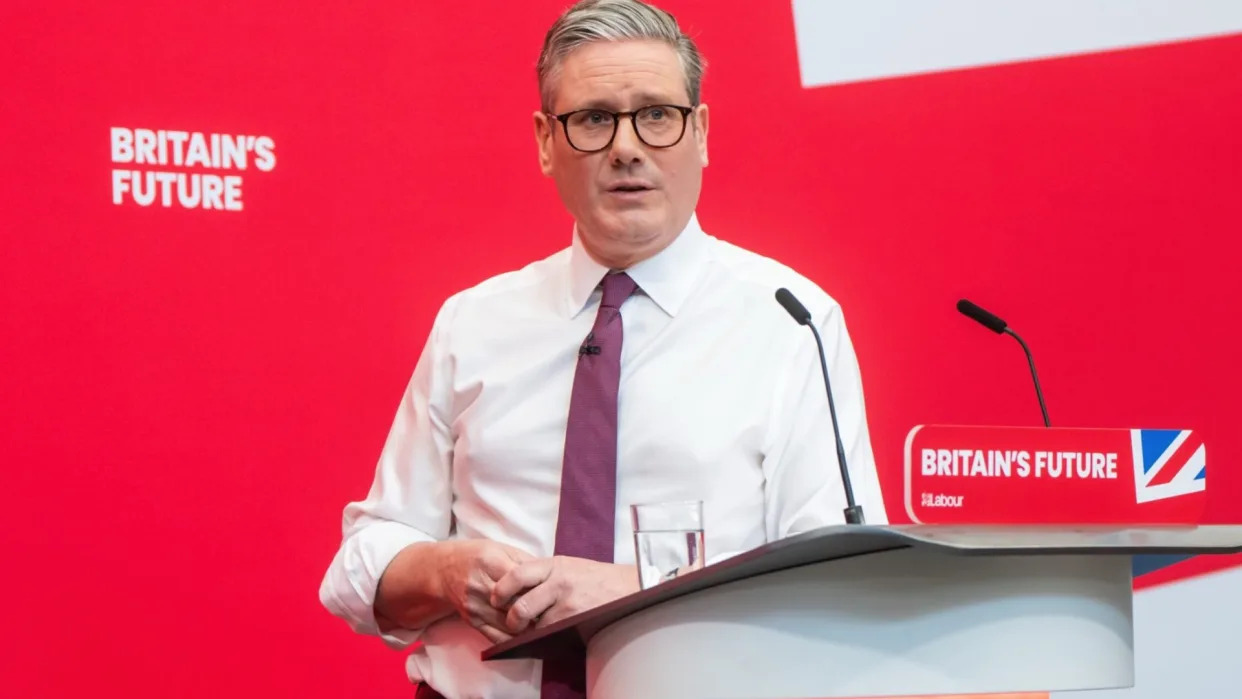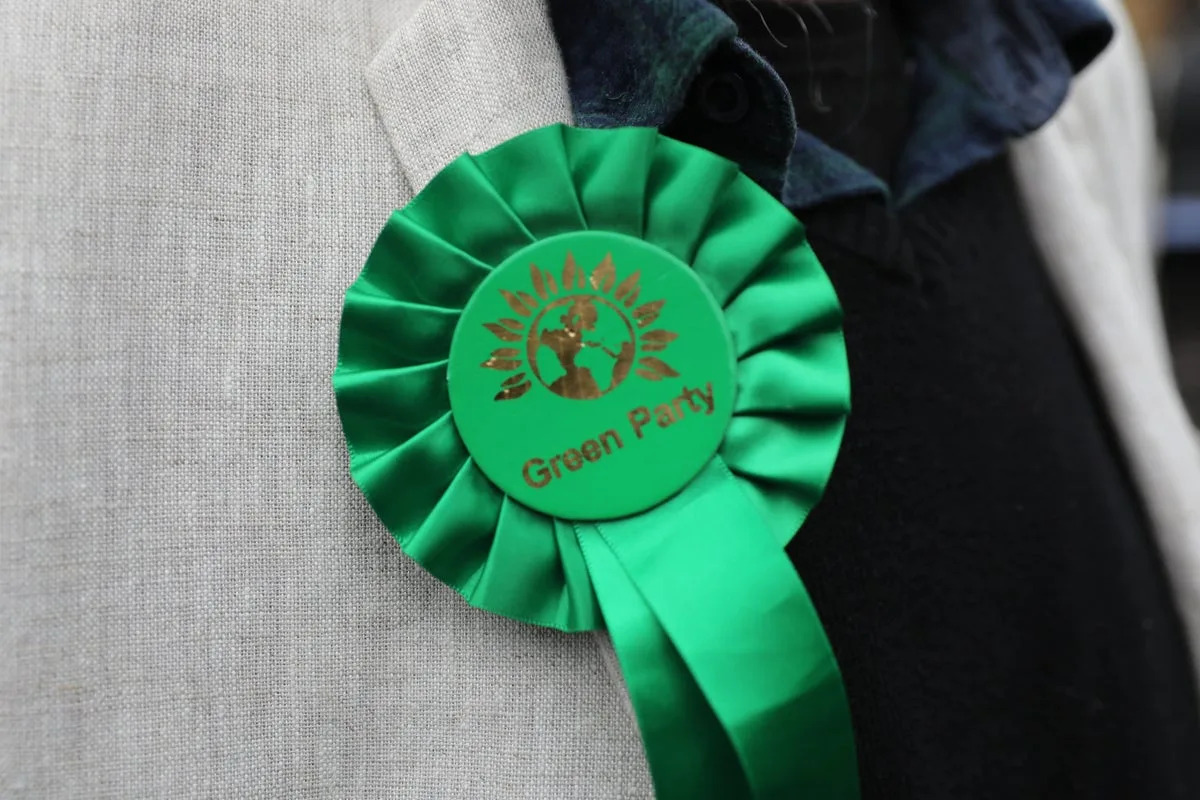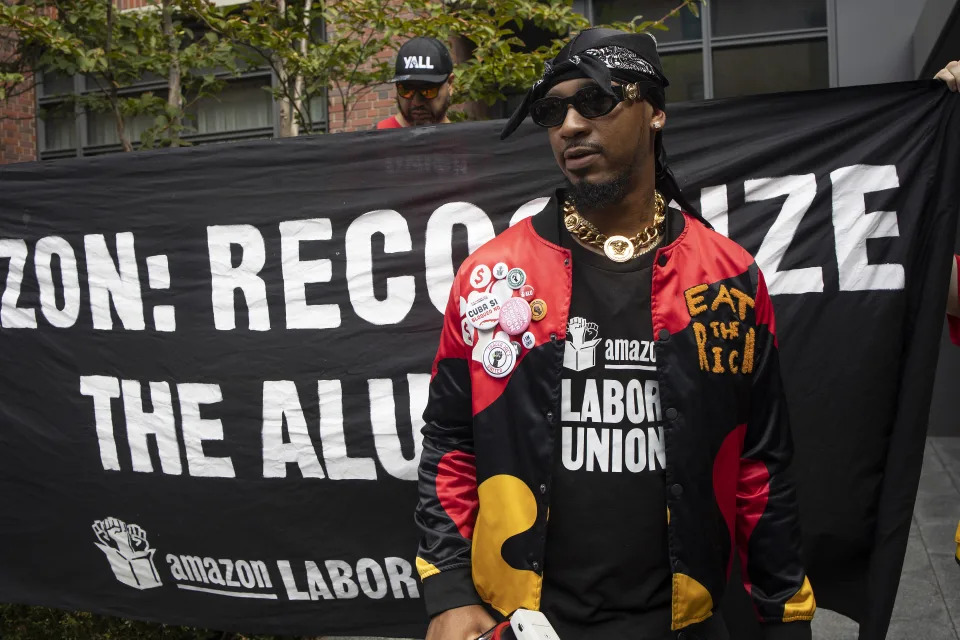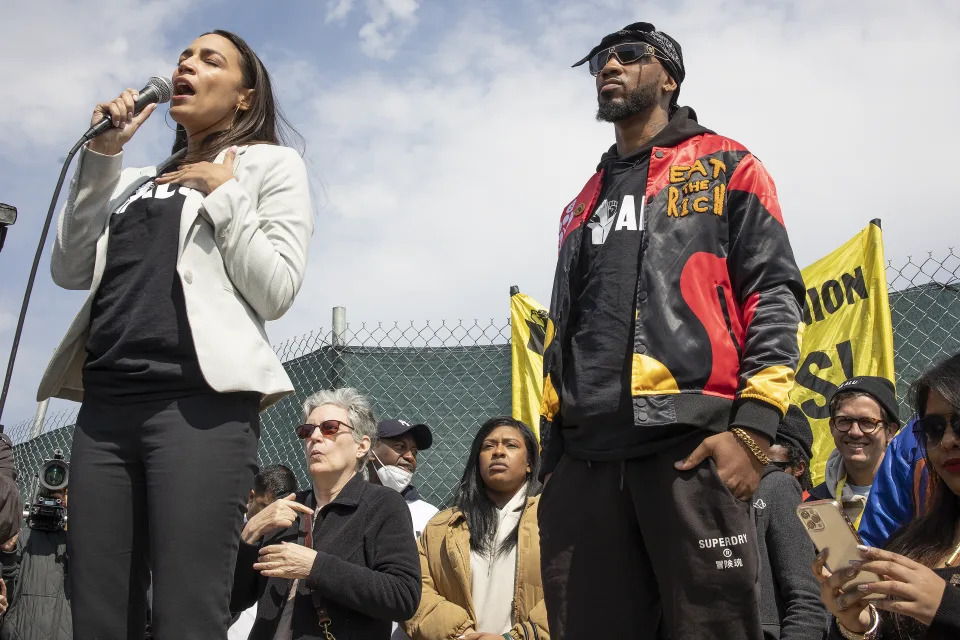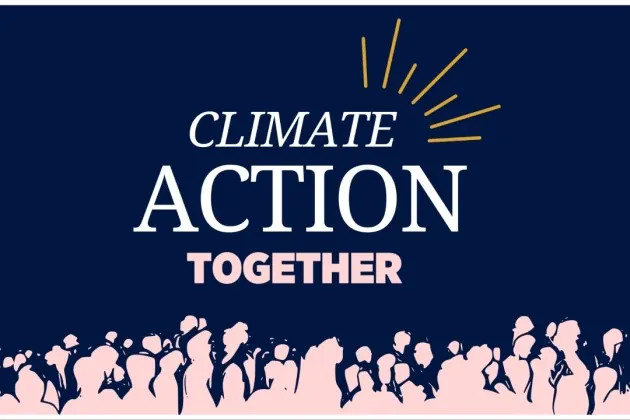David Strege
Thu, 13 June 2024

ASSHOLE
A man who suggested that his hunting exploits should be featured on outdoor TV shows was sentenced as a big-game poacher, and trespasser.
Jason Smith, 29, illegally killed four elk, four black bears and five black-tailed deer in Western Washington and bragged on social media about his tracking and killing prowess, and posted photos of his kills, the Washington Department of Wildlife announced.
Smith was charged with two felony counts of first-degree unlawful hunting of big game, 27 gross misdemeanor charges of second-degree unlawful hunting of big game, unlawful black bear baiting and unlawful waste of wildlife; and three misdemeanor charges of unlawful hunting or retrieving wildlife from private property.
A King County judge sentenced Smith to 80 hours of community service and fined him $8,000.
WDFW Police began investigating Smith in early 2021 upon seeing his multitude of successful harvest posts on social media, believing early on that the suspect had illegally killed multiple elk in the North Bend area of King County.
During the next 1½ years, officers obtained numerous search warrants for social media and mapping tools, gathering evidence of the suspect’s poaching activities.
From the WDFW:
In numerous cases, Smith used illegal means to bait deer, elk, and black bear as well as trespassed onto private property to poach or retrieve illegally killed animals. In one case, he left an elk carcass to waste after another person found the poached elk before he could retrieve it.
Smith posted photos of his exploits on social media and told friends about his tracking and killing prowess, suggesting he should be featured on extreme outdoor TV shows. In reality, much of the wildlife he poached was baited into his yard or poached on his neighbor’s property. In a text message obtained during the warrant, Smith also said he would kill another elk for a friend that hadn’t shot one yet if he got to keep the head to mount.
In the end, Officers served a search warrant at Smith’s residence and seized some of the wildlife parts, including meat. Other animals were seized from a taxidermist.
“Smith attempted to portray himself as a type of outdoor celebrity, using social media to boast, when in reality, there was nothing ethical about his actions,” said WDFW Captain Dan Chadwick.
“I commend our Officers’ hard work and ingenuity in completing this case. They are committed to ensuring safe and ethical opportunities while conserving our big game natural resources. We’d also like to thank the King County Prosecutors Office and the Attorney General’s Office Environmental Protection Division for their work on this case.”
